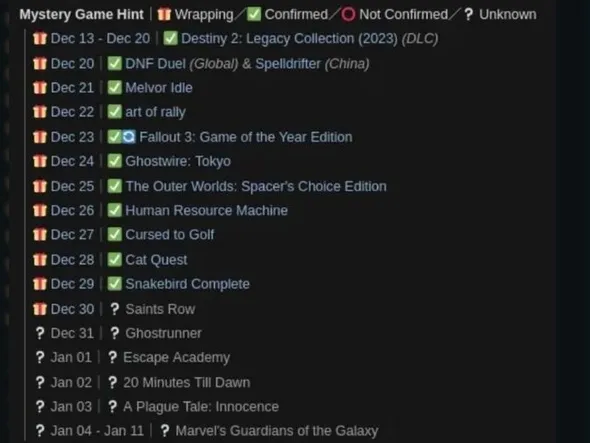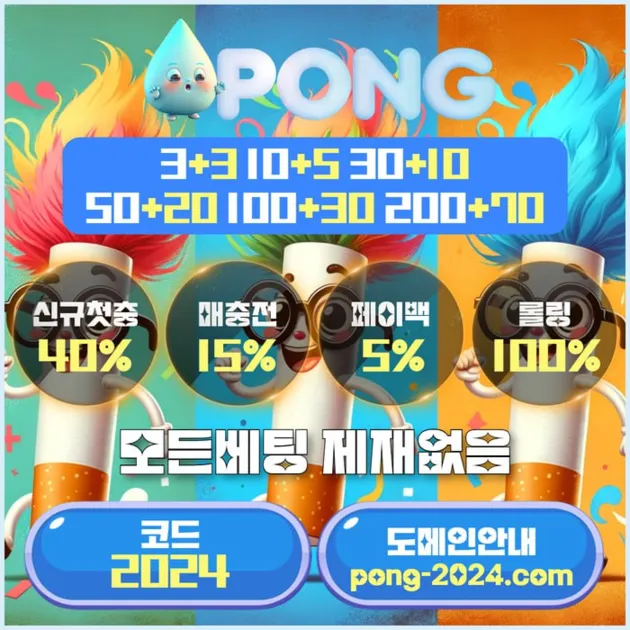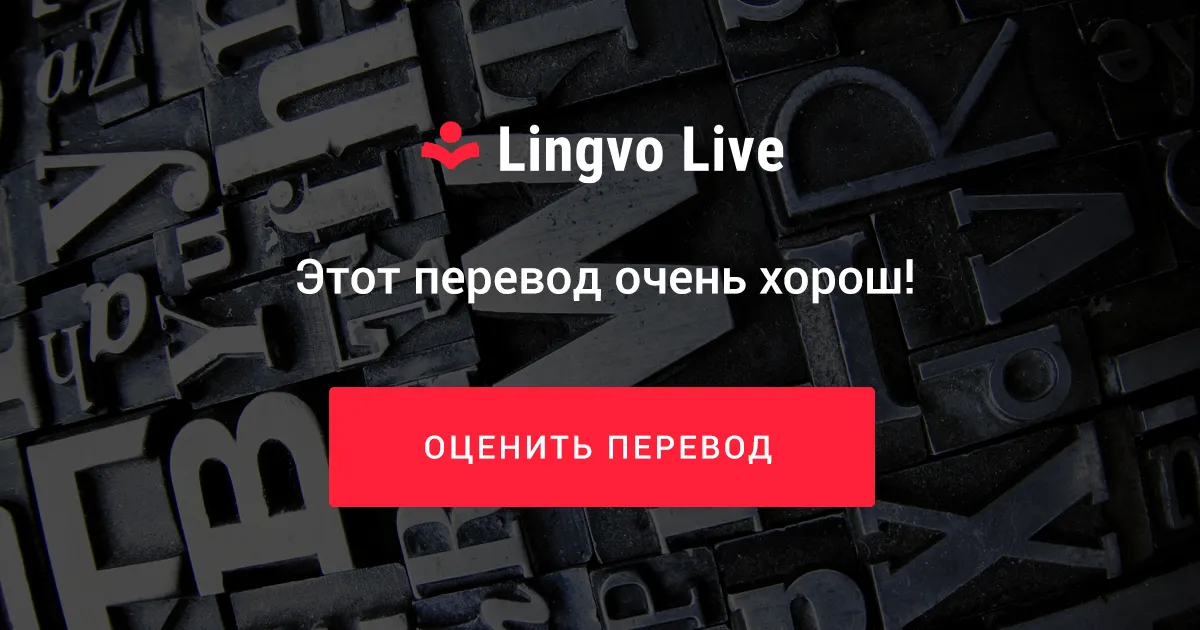슬롯나라〃〃GCN777。COM〃〃경륜예상지투데이

슬롯나라〃〃GCN777。COM〃〃경륜예상지투데이-슬롯나라-경륜예상지투데이-슬롯나라-경륜예상지투데이-슬롯나라-경륜예상지투데이-슬롯나라-경륜예상지투데이-슬롯나라-경륜예상지투데이-슬롯나라-경륜예상지투데이-슬롯나라-경륜예상지투데이-슬롯나라-경륜예상지투데이-슬롯나라-경륜예상지투데이-슬롯나라-경륜예상지투데이-슬롯나라-경륜예상지투데이-슬롯나라-경륜예상지투데이-슬롯나라-경륜예상지투데이-슬롯나라-경륜예상지투데이-슬롯나라-경륜예상지투데이-슬롯나라-경륜예상지투데이 씨알: 誠的 지향성의 주체
2008 •
daihyun chung
![]() Download Free PDFView PDF Korean Journal of Rhetoric
Hakmun-Seon(學問禪), or Hakmun as Seon2018 •
Sung-Gi JON
What is the humanities? How to study the humanities? These are the fundamental questions that Korean researchers of the humanities should ask, if they really want to overcome thoroughly the problems or the obstacles they face painfully nowadays. Among many possibilities, I strongly recommand the Hakmun-Seon(學問禪), which intends to inherit the Wonhyo’s philosophy and his Seon(禪), through the Problematology, and particularly the Philosophy of Conscience and its Conscience-Seon(良心禪). The main axes of the Hakmun-Seon, in which IQ, EQ and specially SQ cowork harmoniously, are two inseparable parts: (1) Metacognitive Analysis by “Gyeong-in-ui-ye-ji-sin”(敬仁義禮智信) of Confusianism, or Six Paramitas of Bouddhism, in the Spiritual level; (2) Research Approach by means of “Hak-mun-sa-byeon-haeng”(學問思辯行) of “Chungyong”(中庸). The Hakmun-Seon, which is a sort of “Meta-Research” in the Scholarly Studies, is also a Inmun-Seon(人文禪), comprising Hwajaeng-Seon(和諍禪) and Translation-Seon(飜譯禪). This InmunSeon, much more inclusive than the traditional Bouddhist SeonZen, can be hopefully a good way of Research for Korean Humanities Studies.
Download Free PDFView PDF Korean Journal of Rhetoric
Hakmun-Seon(學問禪), or Hakmun as Seon2018 •
Sung-Gi JON
What is the humanities? How to study the humanities? These are the fundamental questions that Korean researchers of the humanities should ask, if they really want to overcome thoroughly the problems or the obstacles they face painfully nowadays. Among many possibilities, I strongly recommand the Hakmun-Seon(學問禪), which intends to inherit the Wonhyo’s philosophy and his Seon(禪), through the Problematology, and particularly the Philosophy of Conscience and its Conscience-Seon(良心禪). The main axes of the Hakmun-Seon, in which IQ, EQ and specially SQ cowork harmoniously, are two inseparable parts: (1) Metacognitive Analysis by “Gyeong-in-ui-ye-ji-sin”(敬仁義禮智信) of Confusianism, or Six Paramitas of Bouddhism, in the Spiritual level; (2) Research Approach by means of “Hak-mun-sa-byeon-haeng”(學問思辯行) of “Chungyong”(中庸). The Hakmun-Seon, which is a sort of “Meta-Research” in the Scholarly Studies, is also a Inmun-Seon(人文禪), comprising Hwajaeng-Seon(和諍禪) and Translation-Seon(飜譯禪). This InmunSeon, much more inclusive than the traditional Bouddhist SeonZen, can be hopefully a good way of Research for Korean Humanities Studies.
![]() Download Free PDFView PDF Korean Journal of Rhetoric
Hwajaeng-Seon(和諍禪), or Hwajaeng as Seon(禪)2018 •
Sung-Gi JON
Historically, the Hwajaeng(和諍) theory of Wonhyo(617-686) can not be rightly understood without the consideration of the two main axes: IlsimHwajaengMuae(一心-和諍-無碍) and Gwi-il-sim-weon Yo-ik-jung-saeng(歸一心源 饒益衆生). From the perspective of recent WonhyoSeon(禪) researches, where these two axes seem to play the same role, Hwajaeng need to be inevitably HwajaengSeon(禪). However, the WonhyoSeon(禪), as presented in these researches, is not only easy to understand ‘theoretically’, but also seems very difficult to practice, because it needs particlularly a very high level achivement in Ilsim(一心). In this situation, the ConscienceSeon(良心禪) of the Philosophy of Conscience lead us to understand and practice relatively easily Hwajaeng as HwajaengSeon(和諍禪), even before the Experience of Enlightment, no matter what is our level in Ilsim(一心). The ConscienceSeon, which can be said to be a modern version of the WonhyoSeon, is ‘Six ParamitasSeon’, for Six Paramitas are the very Virtues of the Conscience(良心). The WhajaengSeon can be defined as «Immersion and ImmersionThinking about Hwajaeng or Hwajaeng research, as Jungyong’s ‘Hakmunsabyeonhaeng’(學問思辯行), accompanied by Metacognitive Six Paramitas Analysis». The ImmersionThinking is possible only if the TrueSelf is awaked by Immersion in our Ego(generally more than 51%). The interpretation of Seonjeong(禪定) and Jihye(智慧), two basic axes of ‘Seon Practice’(禪修行), into ‘Immersion and ImmersionThinking’ means the «Humanistic Turn», that of Buddhist WonhyoSeon into Spiritual ConscienceSeon. To search continously the insightful «Way of Jungyong(中庸)», intending ‘the Perfecting of Self for perfecting Others’(自利利他), based on the TrueSelf, this ceaseless pursuit of harmony between Six Paramitas and Jungyong, in various cases of Hwajaeng or Hwajaeng research, is the core of the WhajaengSeon.
Download Free PDFView PDF Korean Journal of Rhetoric
Hwajaeng-Seon(和諍禪), or Hwajaeng as Seon(禪)2018 •
Sung-Gi JON
Historically, the Hwajaeng(和諍) theory of Wonhyo(617-686) can not be rightly understood without the consideration of the two main axes: IlsimHwajaengMuae(一心-和諍-無碍) and Gwi-il-sim-weon Yo-ik-jung-saeng(歸一心源 饒益衆生). From the perspective of recent WonhyoSeon(禪) researches, where these two axes seem to play the same role, Hwajaeng need to be inevitably HwajaengSeon(禪). However, the WonhyoSeon(禪), as presented in these researches, is not only easy to understand ‘theoretically’, but also seems very difficult to practice, because it needs particlularly a very high level achivement in Ilsim(一心). In this situation, the ConscienceSeon(良心禪) of the Philosophy of Conscience lead us to understand and practice relatively easily Hwajaeng as HwajaengSeon(和諍禪), even before the Experience of Enlightment, no matter what is our level in Ilsim(一心). The ConscienceSeon, which can be said to be a modern version of the WonhyoSeon, is ‘Six ParamitasSeon’, for Six Paramitas are the very Virtues of the Conscience(良心). The WhajaengSeon can be defined as «Immersion and ImmersionThinking about Hwajaeng or Hwajaeng research, as Jungyong’s ‘Hakmunsabyeonhaeng’(學問思辯行), accompanied by Metacognitive Six Paramitas Analysis». The ImmersionThinking is possible only if the TrueSelf is awaked by Immersion in our Ego(generally more than 51%). The interpretation of Seonjeong(禪定) and Jihye(智慧), two basic axes of ‘Seon Practice’(禪修行), into ‘Immersion and ImmersionThinking’ means the «Humanistic Turn», that of Buddhist WonhyoSeon into Spiritual ConscienceSeon. To search continously the insightful «Way of Jungyong(中庸)», intending ‘the Perfecting of Self for perfecting Others’(自利利他), based on the TrueSelf, this ceaseless pursuit of harmony between Six Paramitas and Jungyong, in various cases of Hwajaeng or Hwajaeng research, is the core of the WhajaengSeon.
![]() Download Free PDFView PDF 가족법연구
민법 제1014조의 상속분가액지급청구권 再論2013 •
Koo-Tae Chung
Download Free PDFView PDF 가족법연구
민법 제1014조의 상속분가액지급청구권 再論2013 •
Koo-Tae Chung
![]() Download Free PDFView PDF 한국학논집 (Keimyung Korean Studies Journal)
A Study of Premodern Korean and Classical Chinese Poetry in the Webtoon Kadamhangsŏl2019 •
Jinyoup Jang
This study examines the use of premodern Korean and classical Chinese Poetry in the Korean webtoon Kadamhangsŏl (Alleyway Rumors) and their significance. It first observes the role literature and language play in its world, and then dives into the significance of Kadamhangsŏl by examining specific examples of the poetry used in this piece. Premodern Korean and classical Chinese Poetry is an integral element of the series’ world, where language and literature, the oral and written word, carry significance weight. Brief and refined language has the power to change one’s state, while the ability to create and comprehend text is linked to carving seals and creating defenses. Thus, these abilities end up in deciding the power of the series’ characters. The use of premodern Korean and classical Chinese poetry can be divided into three categories: first, poetry is used as examples of refined language imbued with powerful magic. Poems and verses are quoted based on the ‘desires’ of the speakers in the texts, with their concise and metaphorical style carrying great power. Second, these texts are used as plot devices, with the quoted examples often representing the characters’ mindsets or character development by expanding the scope of their meaning. Third, the texts are used to show the power and role language and literature play in the setting and theme of the series. The use of classical literature by the series is significant due to the following: first, the quoted texts are deeply tied to the basic premise of the ‘power of language and literature’. Second, it uses them effectively by quoting texts widely taught in school curricula. It does not change the texts nor make wild interpretations of them, using them according to the context to strenghthen the series’ plot and themes. As a piece of popular art, Kadamhangsŏl is an interesting example of using classical content. This study’s analysis presents new possibilities for such content, while also demonstrating how classical content can raise the quality and distinctiveness of popular art.
Download Free PDFView PDF 한국학논집 (Keimyung Korean Studies Journal)
A Study of Premodern Korean and Classical Chinese Poetry in the Webtoon Kadamhangsŏl2019 •
Jinyoup Jang
This study examines the use of premodern Korean and classical Chinese Poetry in the Korean webtoon Kadamhangsŏl (Alleyway Rumors) and their significance. It first observes the role literature and language play in its world, and then dives into the significance of Kadamhangsŏl by examining specific examples of the poetry used in this piece. Premodern Korean and classical Chinese Poetry is an integral element of the series’ world, where language and literature, the oral and written word, carry significance weight. Brief and refined language has the power to change one’s state, while the ability to create and comprehend text is linked to carving seals and creating defenses. Thus, these abilities end up in deciding the power of the series’ characters. The use of premodern Korean and classical Chinese poetry can be divided into three categories: first, poetry is used as examples of refined language imbued with powerful magic. Poems and verses are quoted based on the ‘desires’ of the speakers in the texts, with their concise and metaphorical style carrying great power. Second, these texts are used as plot devices, with the quoted examples often representing the characters’ mindsets or character development by expanding the scope of their meaning. Third, the texts are used to show the power and role language and literature play in the setting and theme of the series. The use of classical literature by the series is significant due to the following: first, the quoted texts are deeply tied to the basic premise of the ‘power of language and literature’. Second, it uses them effectively by quoting texts widely taught in school curricula. It does not change the texts nor make wild interpretations of them, using them according to the context to strenghthen the series’ plot and themes. As a piece of popular art, Kadamhangsŏl is an interesting example of using classical content. This study’s analysis presents new possibilities for such content, while also demonstrating how classical content can raise the quality and distinctiveness of popular art.
![]() Download Free PDFView PDF Korean Journal of Environment and Ecology
예천 금당실 송림의 생태적 특성 및 관리방안1a2013 •
jisuk kim
Download Free PDFView PDF Korean Journal of Environment and Ecology
예천 금당실 송림의 생태적 특성 및 관리방안1a2013 •
jisuk kim
![]() Download Free PDFView PDF Sago wa pyohyeon
소통의 수사학과 파동적 글쓰기2008 •
Sung-Gi JON
Download Free PDFView PDF Sago wa pyohyeon
소통의 수사학과 파동적 글쓰기2008 •
Sung-Gi JON
![]() Download Free PDFView PDF Philosophical Analysis (Korean Society of Analytic Philosophy)
“우리 마누라”의 문법2009 •
daihyun chung
If we can propose that the Korean expression “우리 마누라” (our wife) is referential in some sense, then some of the impressions of that expression that it is not grammatical can be overcome. Donnellan believes that an expression is open to both attributive and referential uses. While the expression “우리 마누라” is assumed to function as an ordinary Korean expression when her husband utters it in a specific context, it is believed to be used only referentially and not attributively. This asymmetry suggests that “우리 마누라” is argued to be used only in a referential sense and not as an attributive pronoun. A contemporary Greek speaker may use the Greek word corresponding the term “aleteia”, not having to consider its original sense of ‘uncovering’. Likewise a contemporary Korean may use the Korean word, not having to worry about its attributive sense of ‘our husband’, but just conveying a partial affirmation of the worldview of the ancient Korean community, which preferred an extended family or village community.
Download Free PDFView PDF Philosophical Analysis (Korean Society of Analytic Philosophy)
“우리 마누라”의 문법2009 •
daihyun chung
If we can propose that the Korean expression “우리 마누라” (our wife) is referential in some sense, then some of the impressions of that expression that it is not grammatical can be overcome. Donnellan believes that an expression is open to both attributive and referential uses. While the expression “우리 마누라” is assumed to function as an ordinary Korean expression when her husband utters it in a specific context, it is believed to be used only referentially and not attributively. This asymmetry suggests that “우리 마누라” is argued to be used only in a referential sense and not as an attributive pronoun. A contemporary Greek speaker may use the Greek word corresponding the term “aleteia”, not having to consider its original sense of ‘uncovering’. Likewise a contemporary Korean may use the Korean word, not having to worry about its attributive sense of ‘our husband’, but just conveying a partial affirmation of the worldview of the ancient Korean community, which preferred an extended family or village community.
![]() Download Free PDFView PDF Journal of Korean navigation and port research
트랜섬 선미를 가지는 선형의 비선형 포텐셜 유동해석2006 •
Hee Jong Choi
Download Free PDFView PDF Journal of Korean navigation and port research
트랜섬 선미를 가지는 선형의 비선형 포텐셜 유동해석2006 •
Hee Jong Choi
![]() Download Free PDFView PDF Journal of the Korean Ceramic Society
고로 서냉슬래그 혼합 시멘트 페이스트의 유동성2014 •
Dongwoo Yoo
Download Free PDFView PDF Journal of the Korean Ceramic Society
고로 서냉슬래그 혼합 시멘트 페이스트의 유동성2014 •
Dongwoo Yoo
![]() Download Free PDFView PDF
Download Free PDFView PDF
이 사이트는 관련 기사만을 수집합니다. 원본을 보려면 아래 링크를 복사하여 열어주세요.슬롯나라〃〃GCN777。COM〃〃경륜예상지투데이





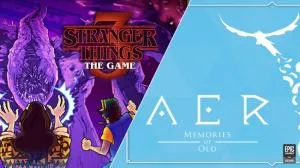
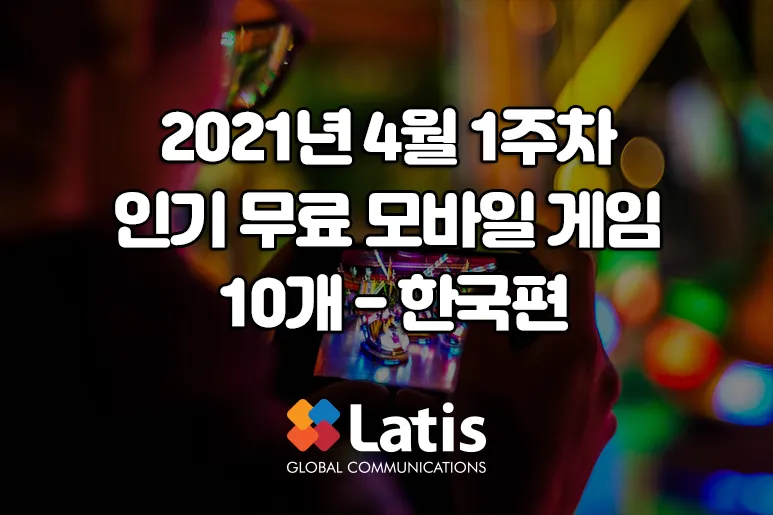





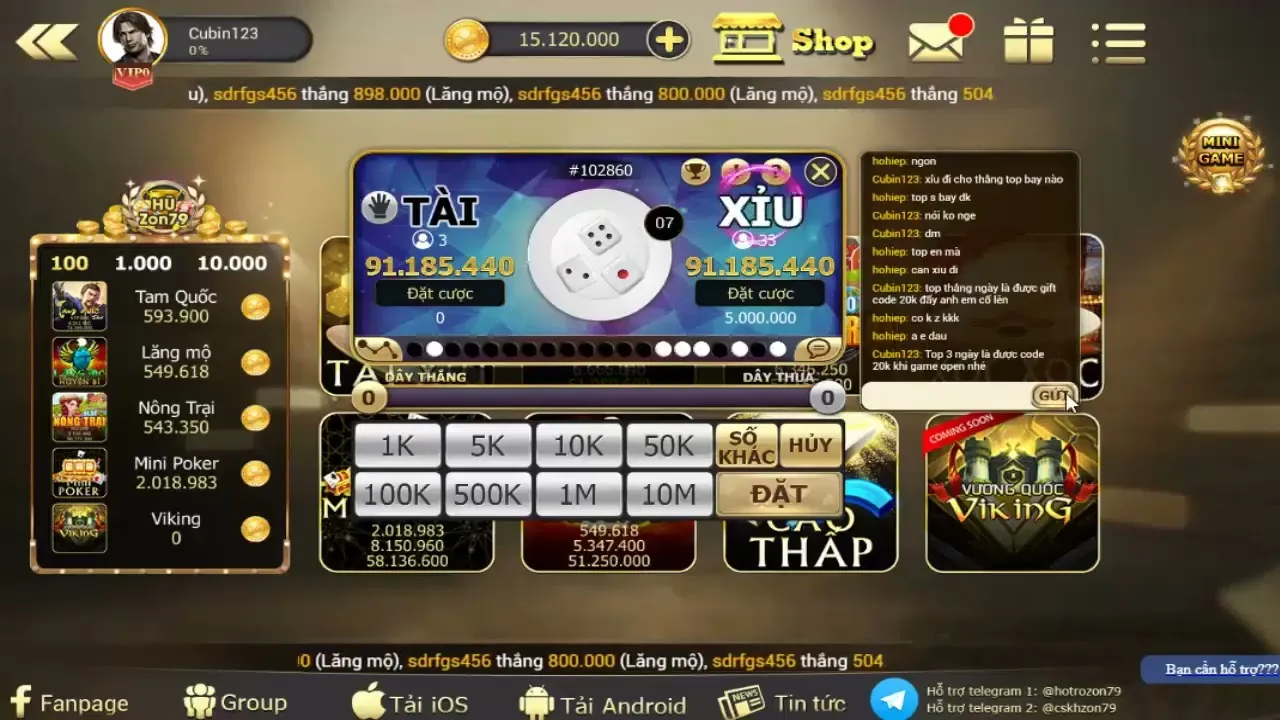
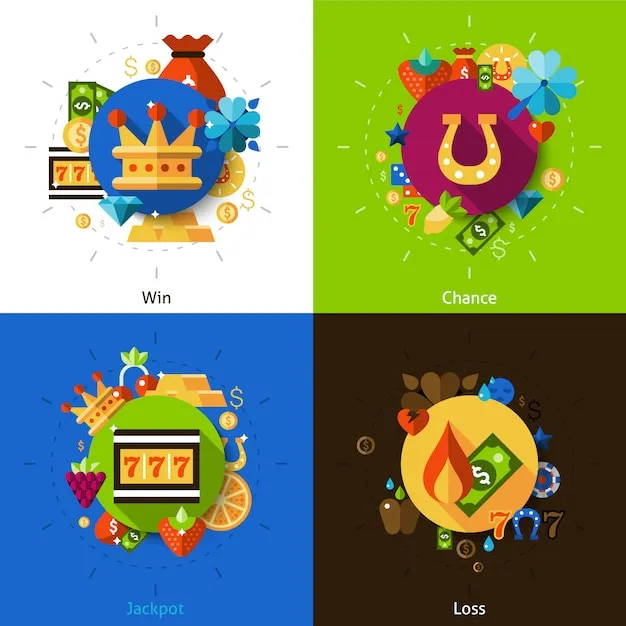







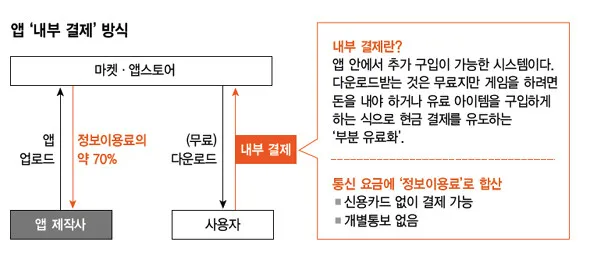

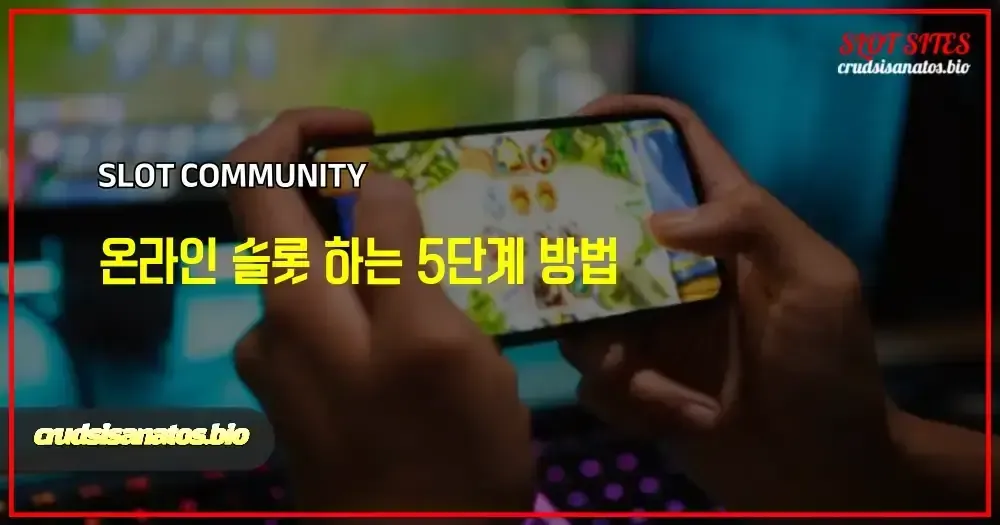

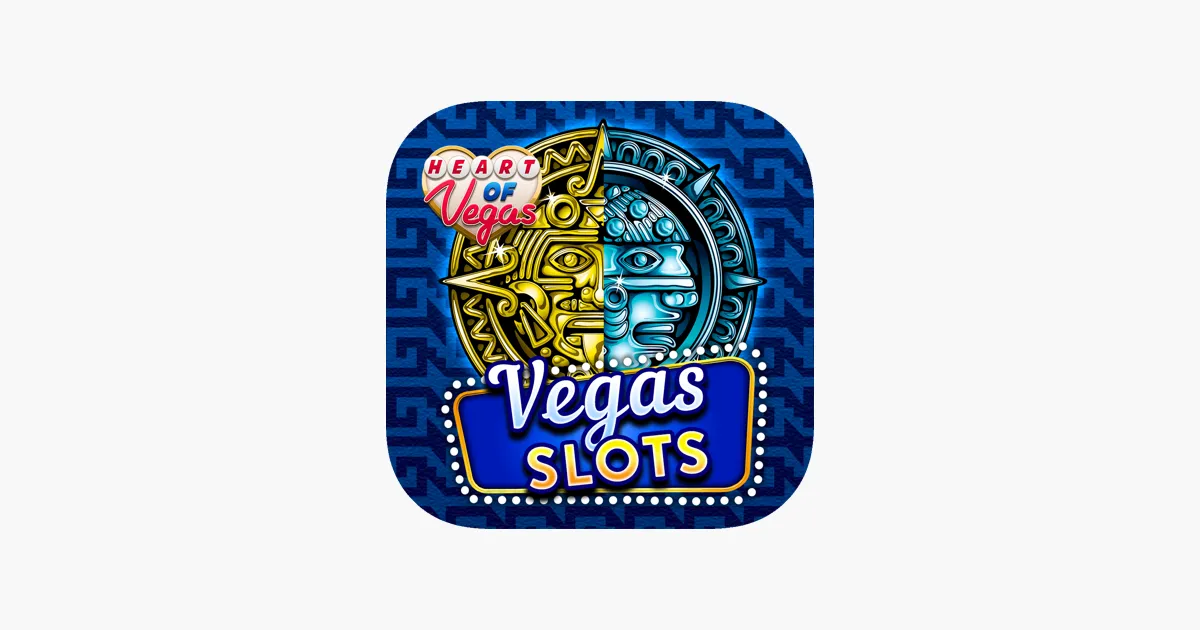
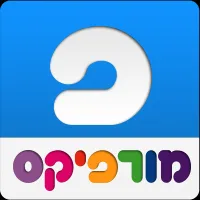




![[윈도우10 스토어] 무료 게임 TOP 15](https://gostoppoker.com/img/ef35992f79e9ed0d958b1502c492acda.webp)
















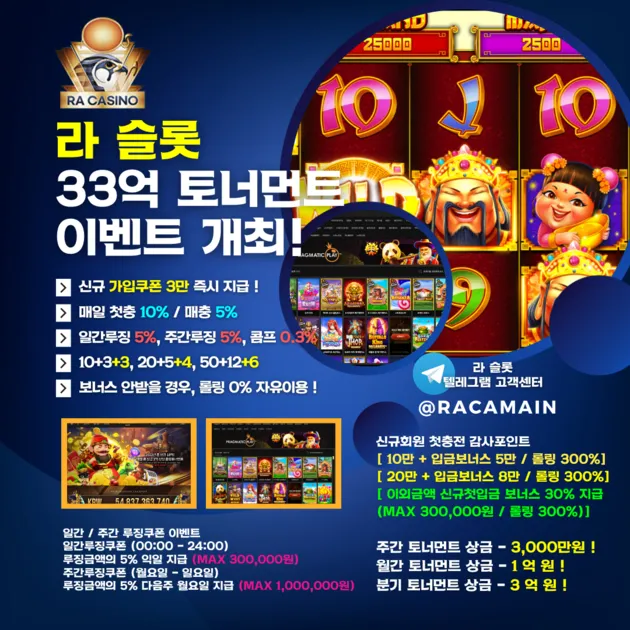
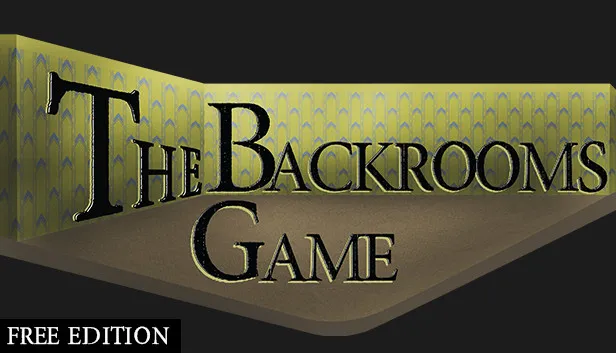


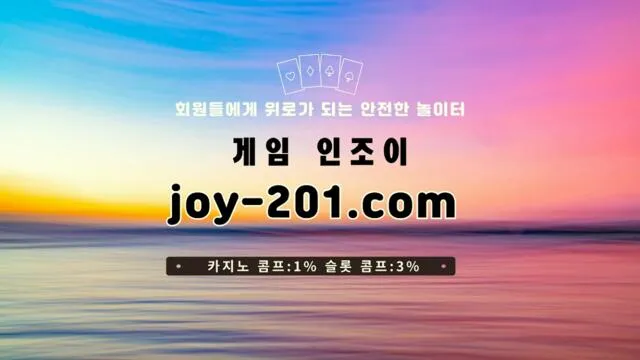

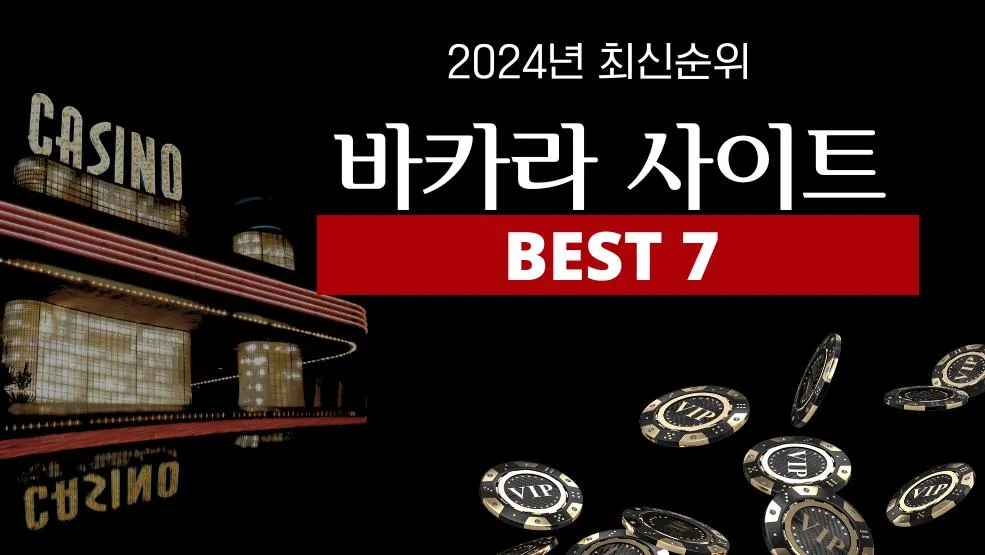


![[스팀 무료게임] 환경오염을 소재로 한 게임! PC온라인 스샷](https://gostoppoker.com/img/169cdc8babd90c4e69437bd9482c51bb.webp)

